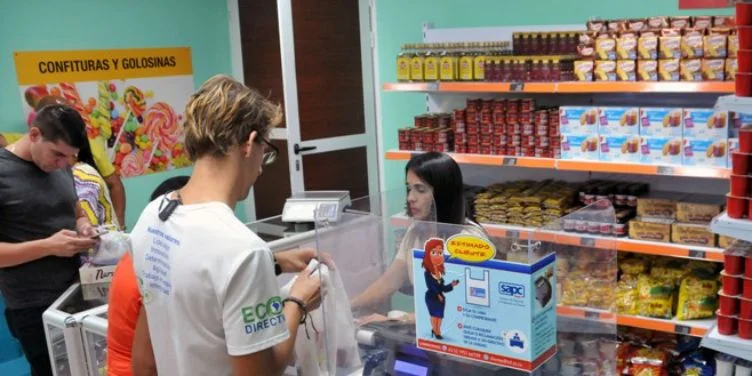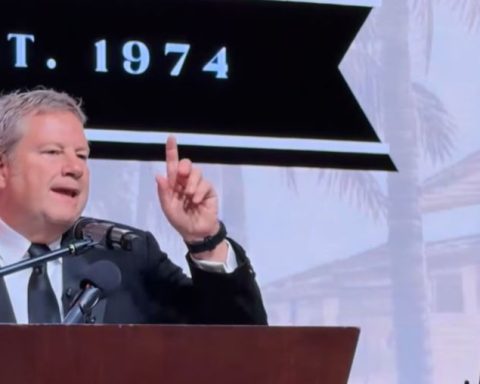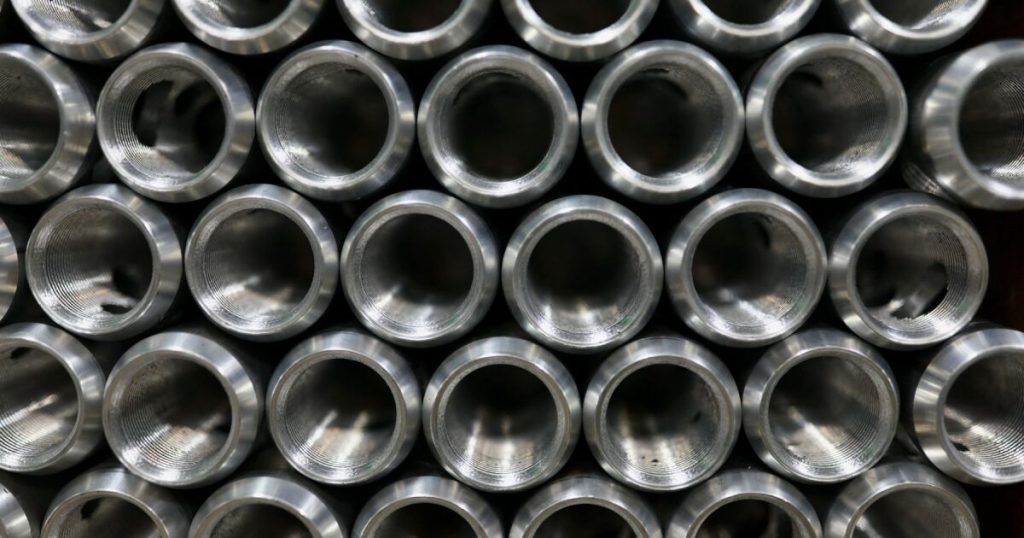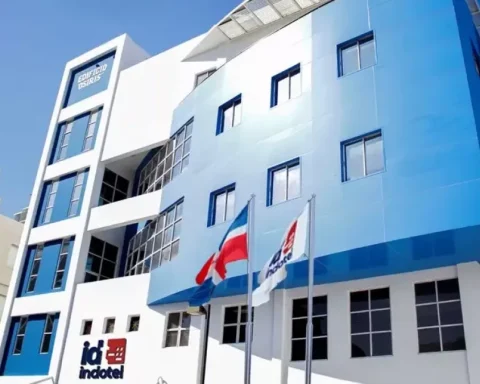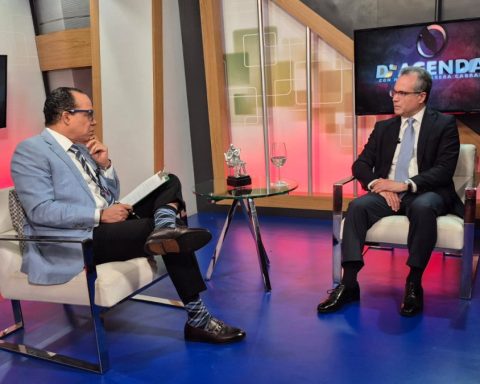Miami, United States. – Fincimex launched A promotion To encourage the use of The classic cardoffering a 4% discount on purchases made at the recently inaugurated MCM Camacho SA, located at the San Rafael Boulevard, in Havana.
The offer was announced by Fincimex in its social networks as “a beautiful option for lovers”, in the context of the next Valentine Day. However, the benefit is limited exclusively to payments with cards in dollars or rechargeables authorized by the government, leaving out the cards in freely convertible currency (MLC), although these also come from remittances sent from abroad.
The store, operated by the mixed company MCM Camacho SA, occupies the premises where shops of appliances and recycled clothing previously operated. Its opening reinforces the state strategy to prioritize trade in foreign currencies, while purchasing options in Cuban pesos continue to be reduced.
The promotion is part of a broader campaign of impulse to the classic card, a financial product administered by Fincimex and the Cimex Corporation, both entities under the control of the GAESA military conglomerate and sanctioned by the United States Department of the Treasury.
At the beginning of February, the Ministry of Internal Commerce (MINCIN) announced the opening of 50 new stores exclusively in dollars throughout the country.
For the economist Pedro Monrealthe partial dollarization of the economy not only further segments the market, but also aggravates social inequalities.
In his analysis, the specialist warned that the Mincin is actively added to the replacement of Cuban weight by currencies, without addressing the underlying problem: low wages and pensions in national currency. “Dollarization does not solve these structural problems,” he said.
The expert also questioned the official justification that the collection in foreign exchange will improve the offer in national currency. According to Monreal, this idea “has already been discredited by recent practice”, because instead of allocating the income obtained to reapplacement with the market in Cuban pesos, the government prioritizes investment in dollar commercial infrastructure.
Another worrying aspect, according to the economist, is the statement that the wholesale trade in foreign exchange will guarantee supplies to promote national production. Monreal said that this type of productive chain requires additional factors, such as a stable energy supply and real incentives for producers, conditions that the country is not fulfilling.
Monreal also questioned the expansion of trade in dollars as a mechanism to capture remittances, suggesting that the measure seeks, rather, to redirect that income from the informal exchange market to the large state “holdings”. “It’s not about promoting remittance reception, but about controlling their destiny,” he said.
